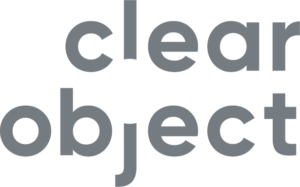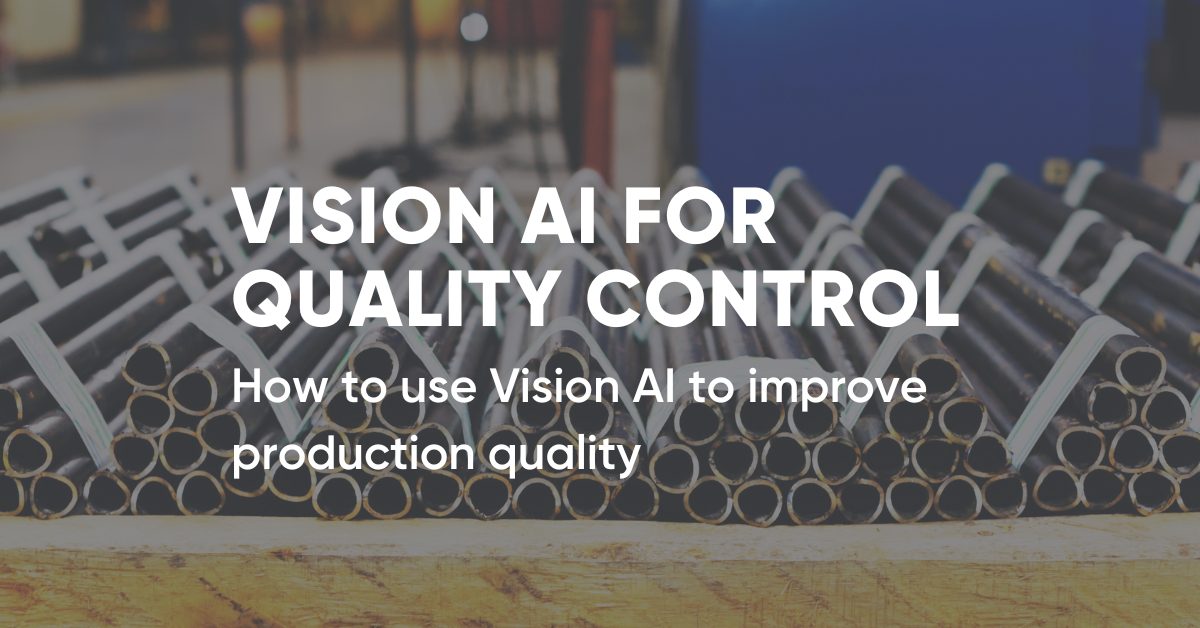Forward-thinking manufacturers are constantly seeking ways to improve quality control while reducing costs and inefficiencies. Traditional quality control methods, often relying on manual inspection and rule-based automation, can be slow, error-prone, and costly. Enter Vision AI for quality control—a game-changing technology that uses artificial intelligence and deep learning to analyze and inspect products with unmatched speed and precision. By leveraging Vision AI, manufacturers can significantly improve quality control processes, minimize defects, and optimize operations.
Vision AI vs. Traditional Quality Control
Traditional Quality Control Methods:
- Manual Inspection: Human inspectors visually examine products for defects, which is time-consuming and prone to errors due to fatigue or subjectivity.
- Rule-Based Machine Vision: Pre-programmed systems identify defects based on fixed parameters but struggle with variations in materials, lighting conditions, or unexpected defects.
- Sampling Methods: Many manufacturers use random sampling instead of 100% inspection, increasing the risk of defective products reaching customers.
Vision AI Quality Control:
- Automated, Real-Time Inspections: Vision AI systems can analyze images and videos in real-time, identifying defects faster and more accurately than human inspectors.
- Adaptive Learning: Unlike rule-based vision systems, AI continuously improves by learning from new data and adapting to variations in manufacturing conditions.
- Comprehensive Analysis: AI can inspect entire production lines instead of random sampling, ensuring that every product meets quality standards.
Use Cases for Vision AI in Manufacturing Quality Control
- Defect Detection: Vision AI can detect even the most minor defects, such as scratches, dents, discoloration, or misalignments. In industries like automotive and electronics, where precision is critical, AI ensures that every component meets exact specifications.
- Surface Inspection: For industries dealing with textiles, plastics, and metals, Vision AI can identify inconsistencies in surface quality, such as cracks, texture irregularities, or contamination, preventing faulty products from being shipped.
- Assembly Verification: AI-powered vision systems can confirm that all product components are correctly assembled. This is especially beneficial in industries such as consumer electronics, where incorrect assembly can lead to malfunctions.
- Label and Packaging Inspection: Ensuring labels are correctly applied and legible is critical for compliance in food, beverage, and pharmaceutical industries. Vision AI verifies barcode readability, expiration dates, and packaging integrity in real-time.
- Measurement and Dimensional Accuracy: Vision AI can measure the dimensions of manufactured components with micrometer precision, ensuring that they meet strict tolerances, which is crucial in aerospace and medical device manufacturing.
ROI Benefits of Vision AI for Quality Control
Adopting Vision AI for quality control leads to measurable financial and operational benefits:
- Reduced Waste and Rework: Manufacturers save on materials and labor costs associated with reworking or discarding defective products by catching defects early.
- Lower Operational Costs: Vision AI automates inspections, reducing the need for large teams of manual inspectors.
- Increased Production Efficiency: AI-powered quality control integrates seamlessly into production lines, minimizing bottlenecks and downtime.
- Higher Customer Satisfaction: Consistently high product quality leads to fewer returns, stronger brand reputation, and greater customer loyalty.
- Regulatory Compliance: Industries with strict regulatory requirements benefit from AI’s ability to maintain consistent and accurate records of inspections.
Vision AI transforms manufacturing quality control, offering an intelligent, scalable, cost-effective alternative to traditional inspection methods. Manufacturers can achieve unparalleled quality assurance by leveraging AI-driven defect detection, surface inspection, assembly verification, and label inspection while maximizing efficiency and ROI. As AI technology advances, its role in manufacturing will only become more indispensable, setting new standards for quality and precision in the industry.

